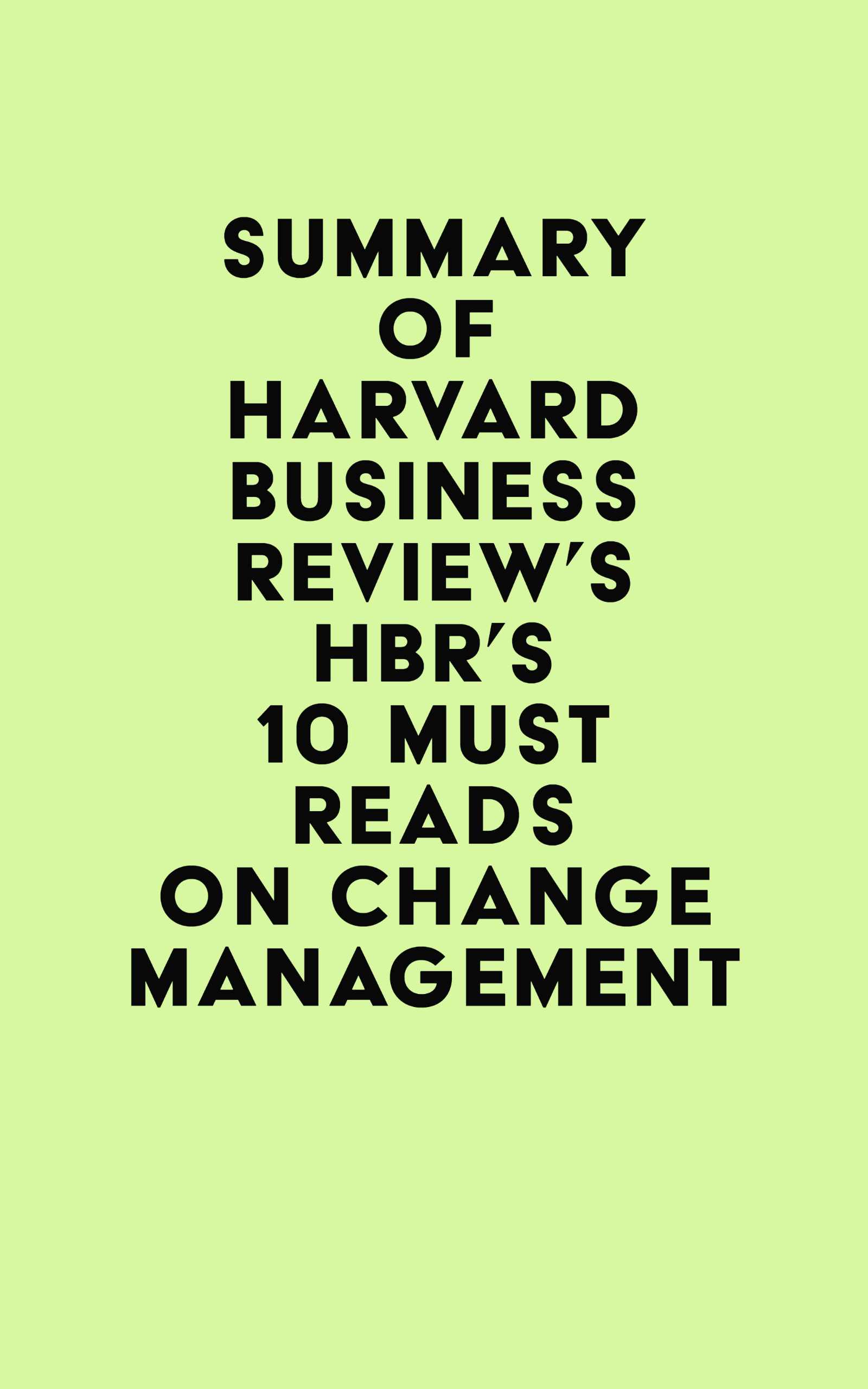This work is motivated by the research gap evident in the area of forecasting models for the German office market. Since rent, price or yield forecasting research is mainly done by commercially oriented organizations, this work delivers an examination from a scientific point of view. Thus the focus is set on an empirical investigation of several rent and total yield forecasting models for nine major German cities. Their applicability and performance are analyzed and city as well as forecasting horiz- specific patterns are determined and interpreted. After the literature review, mainly covering Anglo-Saxon research, I derive the theoretical foundations which are important in executing the empirical part of the work. Therefore, I discuss theoretically general real estate market characteristics, the specifics of time series and panel data, common forecasting models, and forecasting techniques as well as performance measures. The major findings of the first part of the empirical work, which contains the rent series investigation, is that ARIMA, GARCH and multivariate regression models are generally able to forecast rent series in the German office market. Furthermore, I observed that GARCH models are able to outperform single ARIMA models for forecasting horizons of three to five years, when increased volatility appears within the respective city rent series. Moreover, univariate models outperform multivariate regression models in the short run. On the other hand, multivariate regression models outperform the univariate models in the longer run. However, I found cities where one model permanently dominates.












